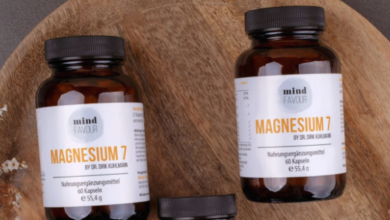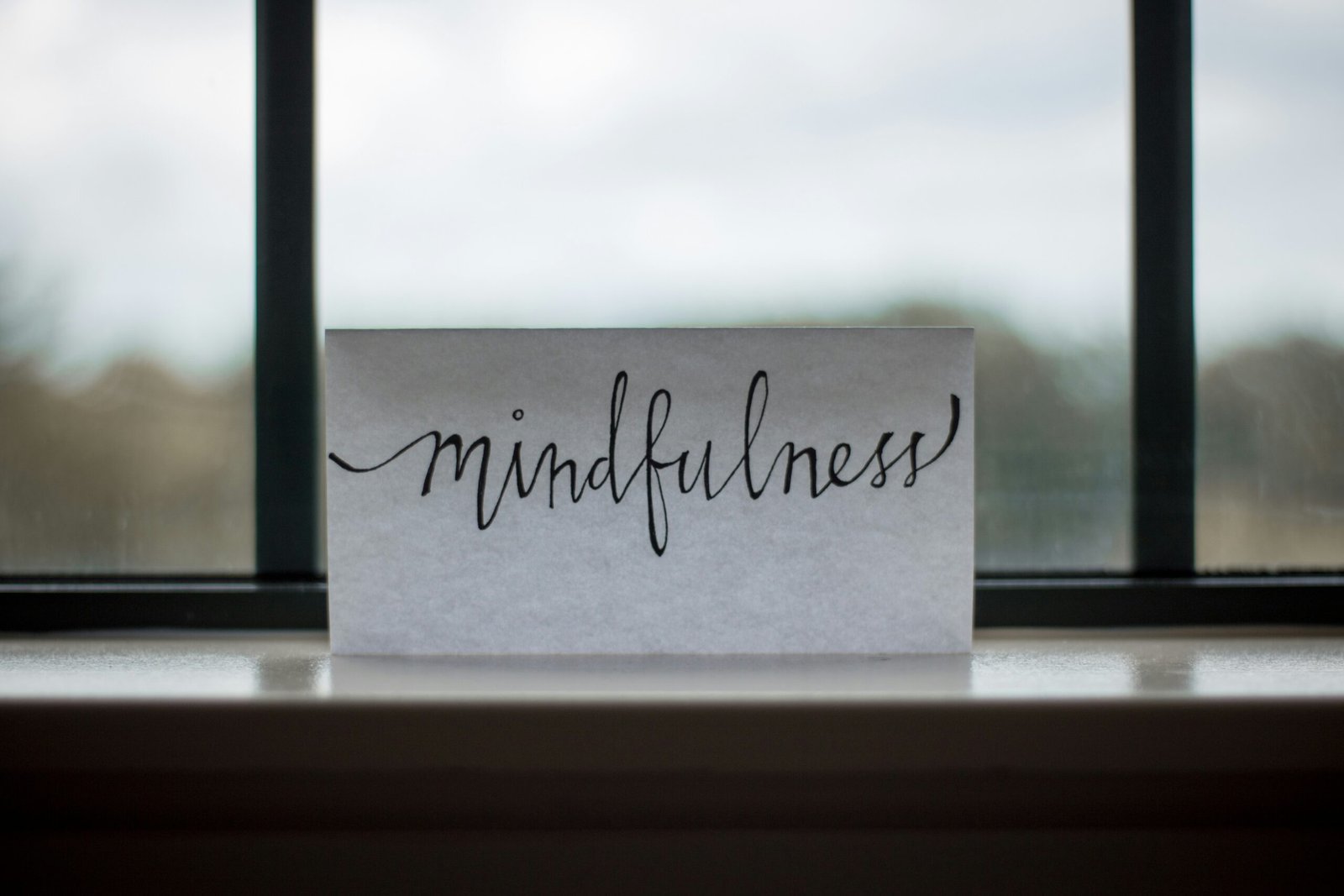
A cold is one of the most common viral infections that affect people worldwide, especially during colder months. While it can be a nuisance, the good news is that most colds resolve on their own within a week to ten days. As you battle a cold, it’s important to know the signs that indicate you are on the road to recovery. Recognizing these signs can help you feel reassured and understand that your body is healing. In this article, we’ll explore the various signs that indicate your cold is getting better, along with tips for speeding up recovery and taking care of your health.
1. Decrease in Nasal Congestion
One of the most obvious symptoms of a cold is nasal congestion, which occurs when the nasal passages become swollen and blocked due to inflammation. As your body begins to recover, you’ll notice a decrease in congestion, making it easier to breathe through your nose. The mucus that was once thick and green or yellow may also begin to thin out and clear. This is a clear sign that your immune system is gaining the upper hand and fighting off the virus.
However, keep in mind that nasal congestion can last for a few days even after your body has started to heal, so it may take some time for the swelling to fully subside. Using a saline spray or a humidifier can help alleviate residual congestion and speed up the process.
2. Less Frequent Sneezing and Coughing
Sneezing and coughing are common cold symptoms caused by irritation in the respiratory system. Early on, these symptoms can be frequent and harsh, but as your cold improves, they should start to subside. You may notice that you’re coughing less, and your sneezing fits will be less frequent.
A decrease in coughing, especially if it turns from a dry cough to a productive one, is an indicator that your body is getting rid of mucus from the lungs. However, a lingering cough could persist for a few weeks, even after other symptoms have subsided. If the cough is productive and the mucus clears, you’re likely on the mend.
3. Improved Energy Levels
When fighting a cold, your body uses a lot of energy to ward off the infection, which can leave you feeling fatigued and weak. However, as you recover, you’ll notice a gradual improvement in your energy levels. You may begin to feel more like yourself, with a return of vitality and an eagerness to engage in daily activities.
Improved energy is a positive indicator that your body is recovering from the cold and that your immune system is effectively overcoming the viral infection. While it’s important to avoid overexertion and take it easy during recovery, regaining your energy is a sure sign of progress.
4. Normalizing Body Temperature
Fever is a common symptom of a cold, although it tends to be mild compared to more severe illnesses like the flu. As your body fights the infection, your temperature may rise slightly, signaling that your immune system is responding. As the cold starts to improve, your fever should subside, and your body temperature will return to normal.
If your fever remains high or continues for several days, it could be a sign of a secondary infection or a more serious condition. In such cases, it’s best to consult with a healthcare provider. However, a steady return to a normal body temperature is a positive sign of recovery from a cold.
5. Reduction in Throat Soreness
Sore throat is one of the first symptoms of a cold, caused by inflammation in the throat due to viral infection. When your cold is getting better, the pain and irritation in your throat will gradually lessen. The soreness may shift from being constant to more intermittent, and eventually, you’ll notice that swallowing becomes less painful.
If your sore throat persists or worsens, or if it’s accompanied by other concerning symptoms such as high fever or rash, you may want to see a doctor to rule out other infections like strep throat.
6. Clearer, Lighter Mucus
Mucus is a hallmark of the common cold, and the color and consistency of your mucus can offer insight into your recovery. Early in the cold, you may notice that your mucus is thick and discolored, ranging from yellow to green. As you start to recover, the mucus should become thinner, clearer, and less abundant. This transition is a sign that your body is getting rid of the infection and returning to a healthy state.
Clear, watery mucus is typical as the immune system resolves the infection, so if you notice this change, it’s an encouraging sign. On the other hand, if the mucus becomes very thick, discolored again, or if you experience fever or other unusual symptoms, it may indicate a bacterial infection and warrants medical attention.
7. Less Chest Tightness
Many people experience chest tightness and discomfort during a cold due to inflammation in the airways and excess mucus. As you start recovering, you’ll notice that this tightness and discomfort will diminish, and your breathing will return to normal. This is a sign that your airways are opening up and inflammation is subsiding.
However, it’s important to be cautious if you experience chest pain, shortness of breath, or a feeling of tightness that doesn’t improve. These could be signs of a more serious condition, such as pneumonia or bronchitis, which requires medical attention.
8. Improved Appetite
Loss of appetite is common when you’re sick with a cold, as your body’s energy is focused on fighting the virus rather than on digestion. However, as your cold improves, you may begin to regain your appetite. You’ll find yourself hungry for regular meals, and the thought of food may become more appealing.
This increased appetite is a positive sign that your body is healing and returning to its normal state. It’s also a reminder to continue eating nutrient-rich foods, as proper nutrition is essential for supporting your immune system and speeding up recovery.
9. Better Sleep Quality
During a cold, poor sleep quality can result from nasal congestion, coughing, and general discomfort. However, as these symptoms subside, you’ll likely find that you sleep more soundly and wake up feeling more rested. Better sleep is crucial for the body’s recovery process, as it allows your immune system to function optimally.
If you’re still struggling to sleep, try using a humidifier, drinking herbal teas, or propping yourself up with pillows to help with congestion and improve rest.
10. No New Symptoms Emerging
As your cold improves, you should notice that no new symptoms emerge. The progression of the illness should be one of gradual improvement, with existing symptoms getting better over time. If new symptoms develop, such as severe headache, body aches, or shortness of breath, it could be a sign of complications or a different illness, such as the flu or a bacterial infection.
Tips to Support Your Recovery
While understanding the signs that your cold is getting better can help you feel more confident in your recovery, there are additional steps you can take to ensure a quicker return to full health:
- Stay Hydrated: Drink plenty of fluids such as water, herbal tea, and clear broths to stay hydrated and help thin mucus.
- Rest: Although you may start to feel better, it’s still important to get plenty of rest to allow your body to heal completely.
- Eat Nutritious Foods: Fuel your body with a balanced diet rich in fruits, vegetables, lean proteins, and whole grains to support your immune system.
- Use Over-the-Counter Remedies: Medications like decongestants, antihistamines, and pain relievers can help alleviate symptoms and make you more comfortable as you recover.
- Avoid Spreading the Virus: While you may be feeling better, remember to practice good hygiene, such as washing your hands frequently and covering your mouth when coughing, to avoid spreading the virus to others.
Conclusion
A cold can leave you feeling miserable, but understanding the signs of recovery can help you stay positive as you get better. Look for a decrease in symptoms like congestion, coughing, and fatigue, along with the return of your appetite, energy, and clear mucus. As you follow good recovery practices, such as staying hydrated, getting plenty of rest, and eating nutritious foods, you’ll support your immune system and be back to full health in no time.




